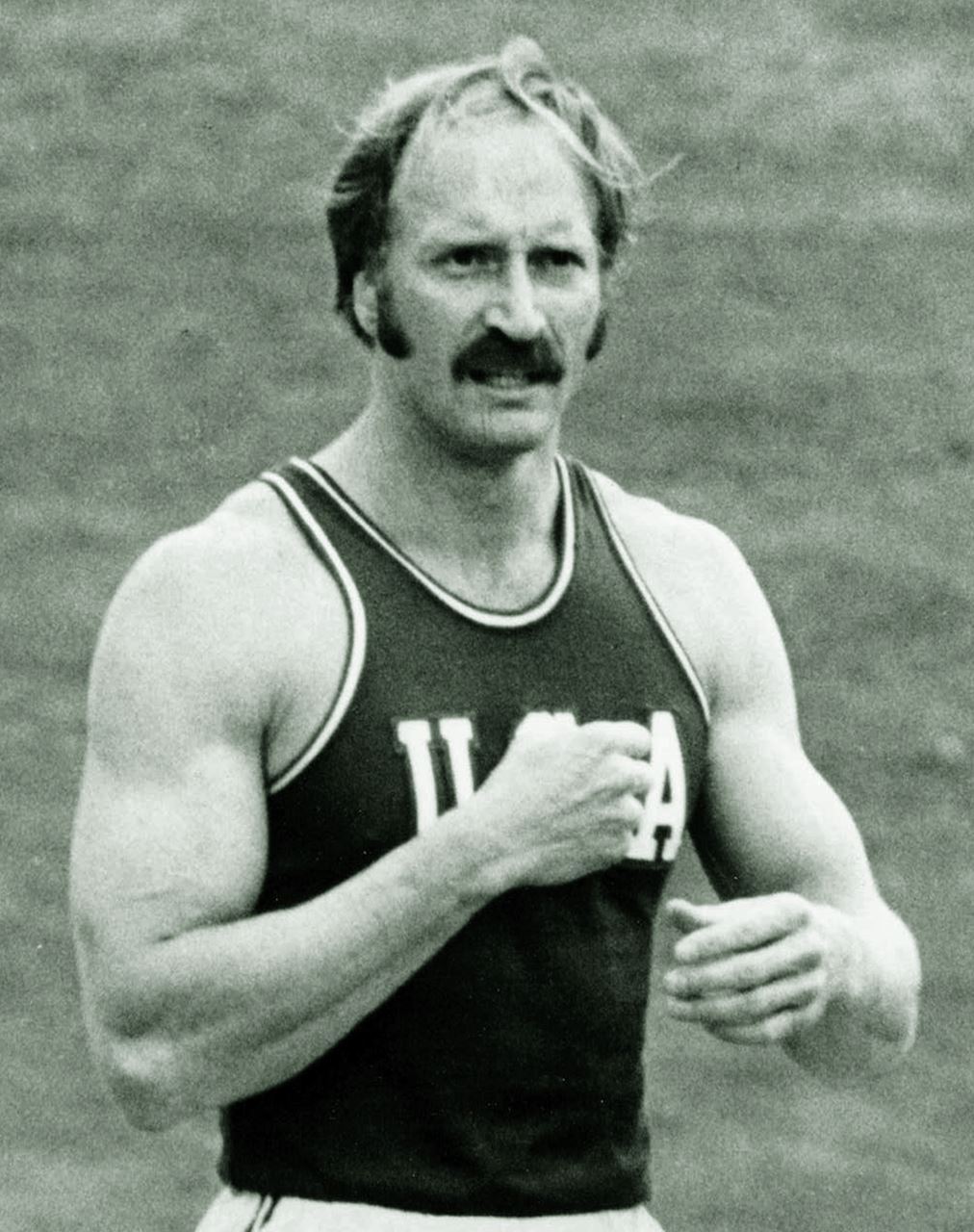The fight for racial justice is hardly a new concept, as the struggle for basic equality for Black Americans has persisted for 400+ years. In fact, the Gay Games can trace its roots directly to this issue.
October 1968 was near the end of one of the most turbulent years in US history. Just a few months earlier, the country was rocked by the assassinations of Dr. Martin Luther King Jr. and Presidential candidate Bobby Kennedy, riots outside the Democratic convention in Chicago, numerous demonstrations against the war in Vietnam, and growing unrest over centuries of discrimination against African-Americans. Just nine months later, the watershed Stonewall riots in New York City gave birth to the modern gay rights movement.
October 18, 1968 was day six of the Summer Olympics, being held in Mexico City. That morning, two African-American sprinters – Tommie Smith and John Carlos – won gold and bronze medals in the 200 meter race. Australian Peter Norman won the silver medal.
On their way to the medals podium, Smith and Carlos made a statement: first, they wore green and white buttons which said “Olympic Project for Civil Rights” (they also convinced silver medal-winner Peter Norman (a white Australian) to wear one of those buttons); second, they removed their shoes, wearing black socks to symbolize poverty; third, they wore beads and a scarf to protest lynchings which have historically plagued African-American males; and finally - and most significantly - they each wore a black glove on one hand. Once on the medals podium, they lowered their heads in defiance while the Star Spangled-Banner played and raised their black-gloved fists in a Black Power salute that rocked the world.

Smith and Carlos were widely vilified for their actions, and shortly after the gesture, the U.S. Olympic Committee expelled them from the Olympic Village and sent them home. Even Peter Norman received widespread criticism by conservatives in the Australian media and he was left off the team for the 1972 Olympics
Watching all of this drama unfold was 30-year old white US Olympic teammate, Tom Waddell, a decathlete. Later that week, Waddell placed sixth among the 33 competitors, achieving five personal bests among the ten events.

Unlike many fellow members of the US Olympic team, Tom Waddell spoke openly in support of Tommie Smith and John Carlos. He said, “Black Americans have been discredited by the American flag more often than they have sullied it.”
To those who knew Waddell, this was no surprise. He had always been a vocal supporter of social justice and in 1965 drove from Brooklyn to Selma, Alabama to participate in the Civil Rights Movement there. The next year, Waddell was drafted into the Army; he protested when he found out that he would be shipped to Vietnam. Expecting a court-martial, he was instead, unexpectedly, sent to train as a decathlete for the 1968 Olympics.
Having a front-row seat for one of the most iconic and divisive sports events of the 20th Century had a profound impact on Tom Waddell. This experience led directly to his development of the Gay Olympics in 1982 (now called the Gay Games) whosse founding tenets are Partcipattion, Inclusion, Personal Best. Had it not been for being an eyewitness to those watershed events in Mexico City, it’s quite possible that the Gay Games would have never been created.
At the Gay Games - where we continue to “Change The World” - we strongly believe that #BlackLivesMatter.
